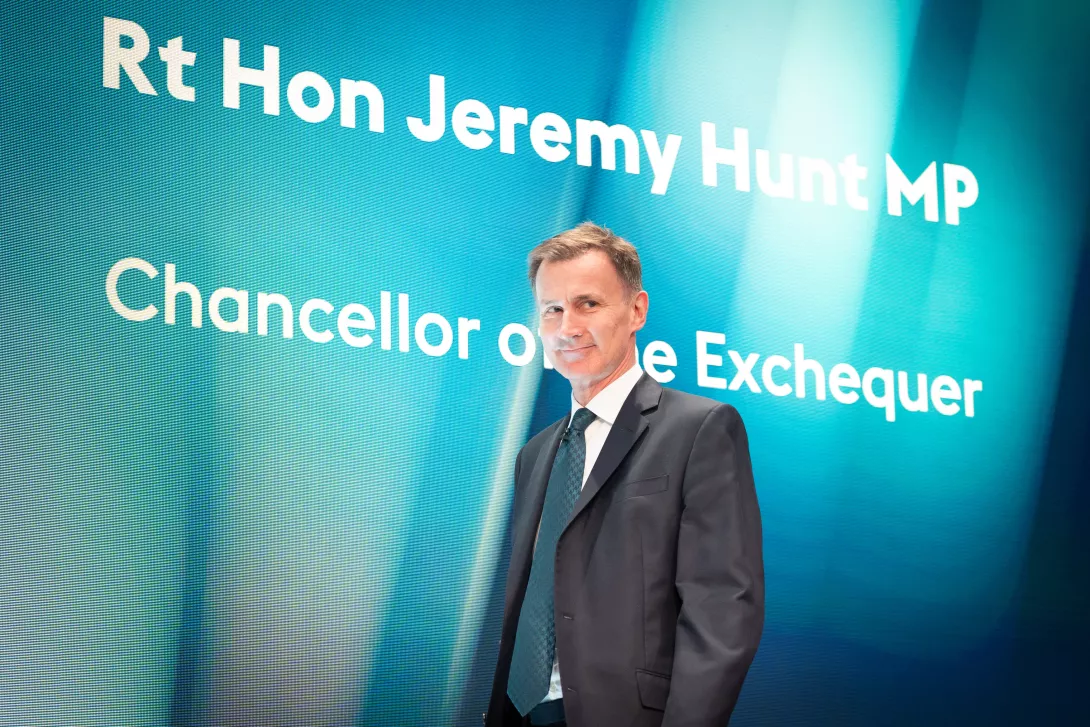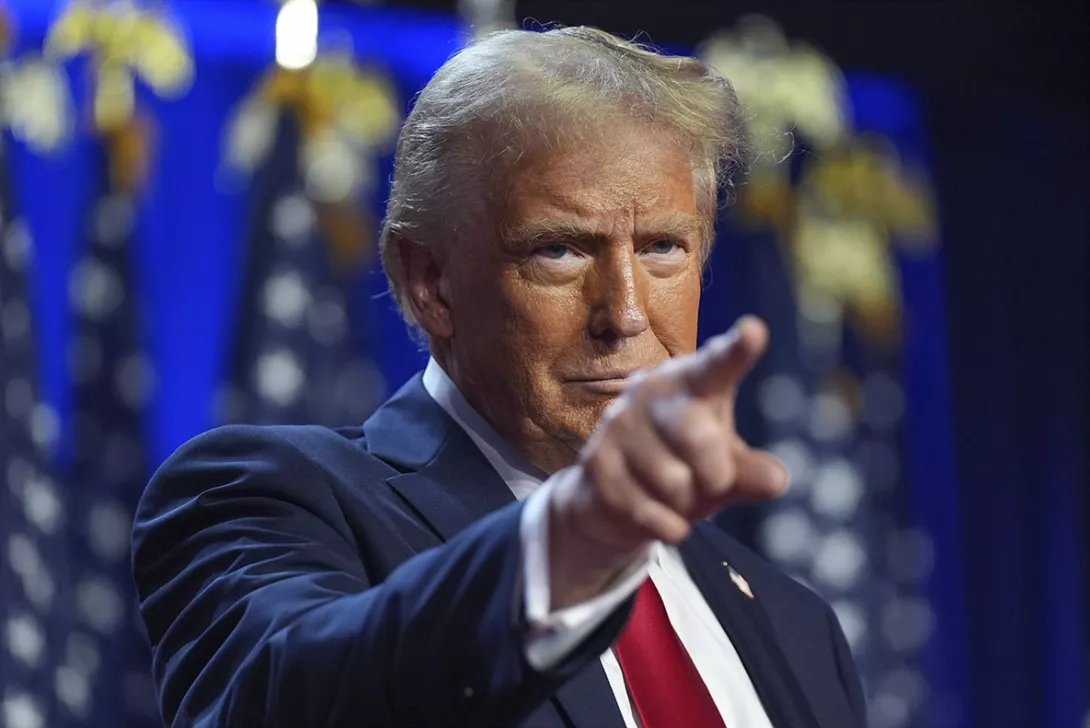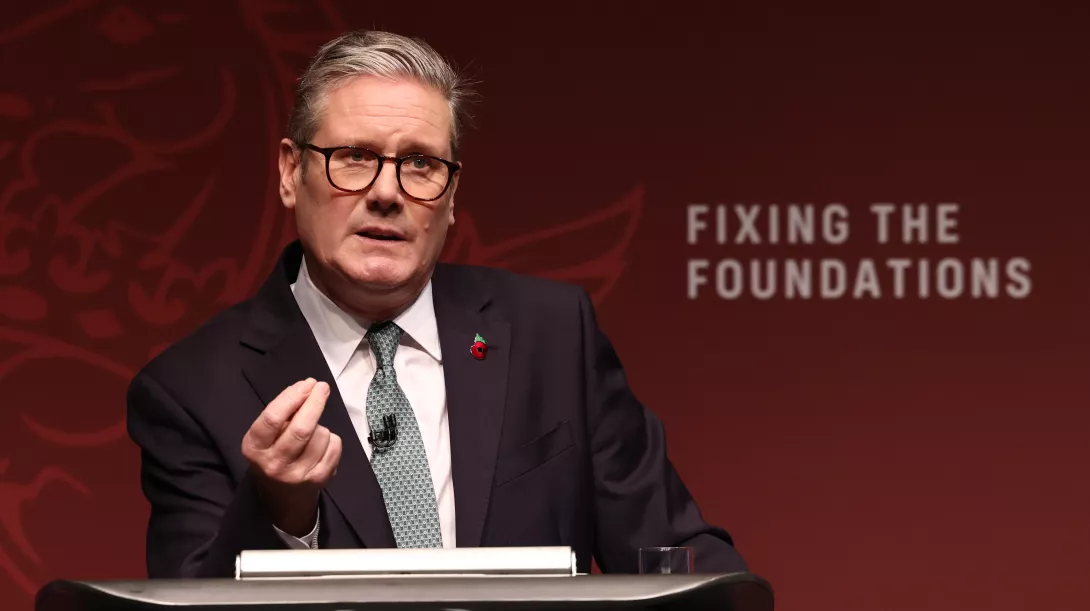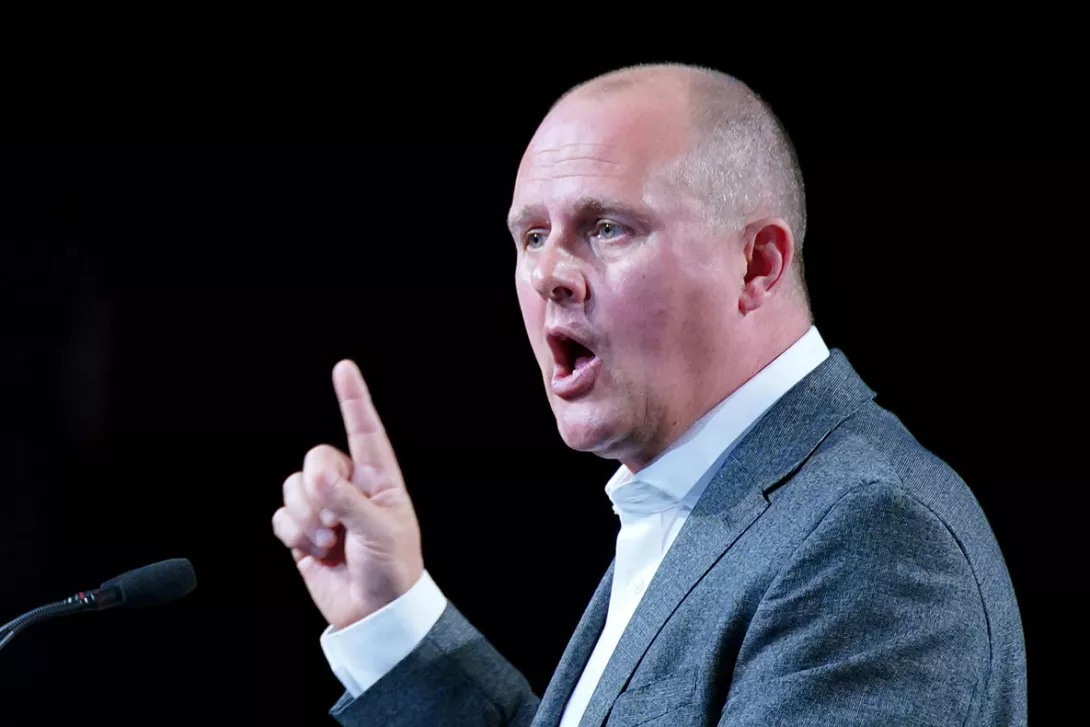
BRITAIN’S likely growth rate next year has been slashed in forecasts by the Organisation for Economic Co-operation and Development (OECD) has issued.
The economy will grow by just 0.7 per cent in 2024, down from a previously forecast and already-anaemic 0.8 per cent, the OECD predict.
This will be the second-slowest growth rate among the world’s leading G7 advanced capitalist economies. It may rise to a feeble 1.2 per cent in 2025.
It follows a similar downgrading of Britain’s future growth prospects by the Office for Budget Responsibility in statistics accompanying Chancellor Jeremy Hunt’s financial statement last week.
Labour’s shadow chancellor Rachel Reeves said: “These figures expose that working people are worse off under Rishi Sunak.
“Under the Conservatives, Britain has been stuck with low growth, high tax and prices still rising in the shops.
“The Labour Party is now the party of economic growth. Our plan for growth will boost wages, cut bills and make working people across the country better off.”
However, details of such a plan have yet to be revealed by the Labour leadership, which is primarily concerned with keeping international money markets reassured.
Britain will also continue to suffer worse inflation levels than the other major economies, averaging at 7.3 per cent for 2023, according to the OECD, an increase from the previously forecast 7.2 per cent.
This suggests that Prime Minister Rishi Sunak’s declaration of victory in the war against inflation is premature.
The OECD is urging politicians to consider scrapping the pensions “triple lock,” which guarantees an increase in the state pension in line with inflation, average earnings increase or 2.5 per cent, whichever is greater.
Instead pensions should be indexed to an average of the consumer price index and wage rises, it said.
A Treasury spokesman said: “While inflation is falling, now we are taking the long-term decisions needed for growth.
“We are making sure work always pays and backing businesses to invest.”
In the Commons, Labour leader Sir Keir Starmer accused Mr Sunak of becoming “the man with the reverse Midas touch,” after tormenting the Prime Minister over his undiplomatic cancellation of a meeting with Greek leader Kyriakos Mitsotakis.
Since the Midas touch was in fact a curse, making a reverse Midas touch a blessing, this was not quite the blow the classically challenged Starmer believed it to be.

















